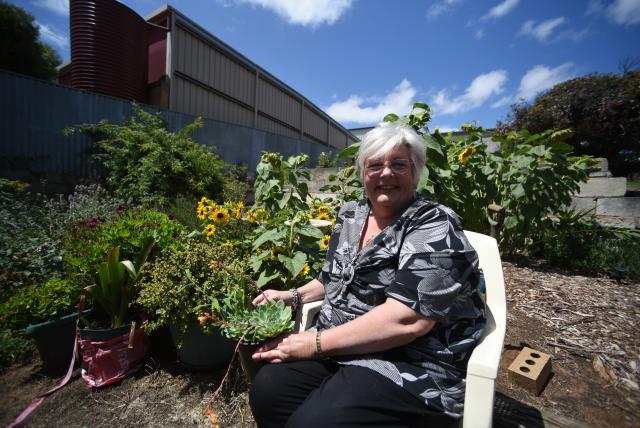
SOUTH Australians have given positive feedback for the Voluntary Assisted Dying (VAD) legislation which gives those who meet a strict criteria the opportunity to end their lives on their own terms.
The first VAD quarterly report was released earlier this week, stating 28 South Australians received a VAD permit between January 31 and April 30.
Out of those people, 12 people had died, including one who passed away without using the medication available.
The people who passed away were aged between 40 and 90 years of age, with seven having terminal cancer and five having degenerative neurological conditions.
Eight people self-administered medication and three were supported by a medical practitioner.
The average length of time from making a first request to access VAD and receiving an outcome on an application for a permit was 25 days.
There are currently 60 medical practitioners who have completed the mandatory training with a further 45 registered or part-way through.
Of those, 71 per cent are in metropolitan Adelaide and 29 per cent are based in regional South Australia.
Former Mount Gambier/Berrin resident and continued VAD advocate Jane Qualmann said she was really impressed with the report and believed it was comprehensive.
“I think the report statistics shows the demographic of those who access VAD through both metropolitan areas and regional areas,“ Ms Qualmann said.
“It is great the VAD board supports the fact there is a need for more legislation to improve access for regional South Australia and remove the exclusion of telehealth.”
She said regional areas often found it difficult to access VAD due to distance, with an important step to solving the problem being advocacy and spreading information.
VAD board presiding member Professor Melanie Turner said she recognised the dedication and compassion of the staff and clinicians involved in supporting those patients and families throughout the VAD pathway.
“I encourage more clinicians to consider registering for training via the SA Health website so they too can support South Australians with the care they may need, no matter where they live in the state,” Professor Turner said.
